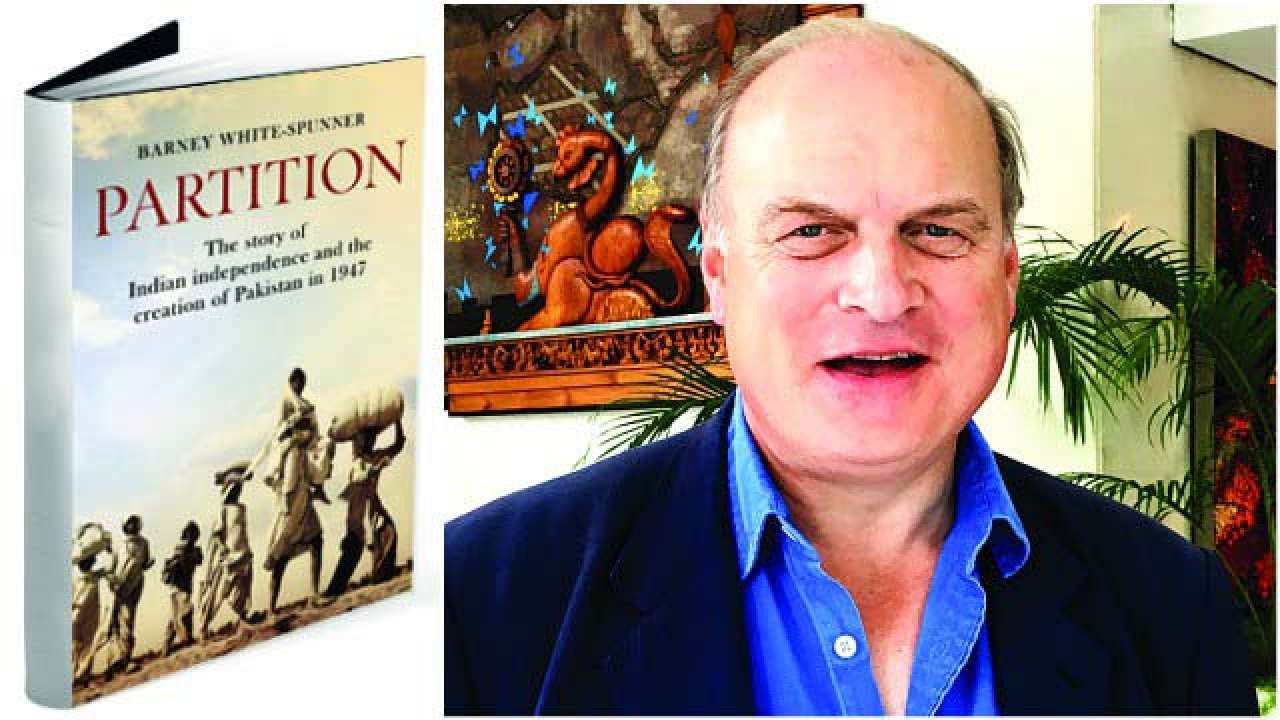
Veteran British army commander Barney White-Spunner has traced the events leading up to one of the biggest human tragedies in the world — the partition of India and Pakistan — in his book, simply titled Partition. It took a lot of research and interviews to look at the event from a military perspective. Presented in an interesting format of each chapter dealing with a month (from January to August 1947), White-Spunner illustrates the story of 1947 with what partition must have meant to the farmers of Punjab, those living in Lahore and Calcutta, or what it felt to be a soldier in a divided and largely passive army. Excerpts from a conversation...
There are three things I would like to point out here. Not just in India, but even in the UK, not enough is known about partition. The other thing which is very important, and without sounding like a pompous old retired general, this generation worldwide have had a much easier time and a lot of people have this in their mindset that something like this can never happen again and I hope it never does. But I hope they realise that things can go wrong. The other thing, I was Commander of British Forces in Iraq and I found myself at the interface of political and military affairs. There was very often a disconnect and I found myself relating that to 1947 and wondering what pressures people must have faced here. Apart from telling personal stories, I also wondered why more British and British Indian troops weren’t put into Punjab. Everybody knew that Punjab is going to go up in flames. So yes, I think it’s one of the stories that needs retelling.
I wanted to tell the story from the military perspective but there was no point talking about the military perspective as it is. You had to get into the whole story to make sense. The military story is particularly interesting and I don’t think it has been investigated before. It involved a lot of research and there is a huge amount of material available for that. Along with the family histories and what happened to individuals, we took a lot of material from the archives.
I think it is difficult to be objective if you’re an Indian or Pakistani author. So many families were caught up in the magnitude of the trauma. I don’t know if it has been easier for me but I hope I have been objective. I’ve tried to be. I am quite critical of the Raj. They didn’t have the will or the resources to govern the country. So when you get to 1947, you realise there was no administrative structure. I will take it as a great compliment if somebody said it was objective. That’s what I hoped to do.
Price & Publication: Rs 699, Simon & Schuster.